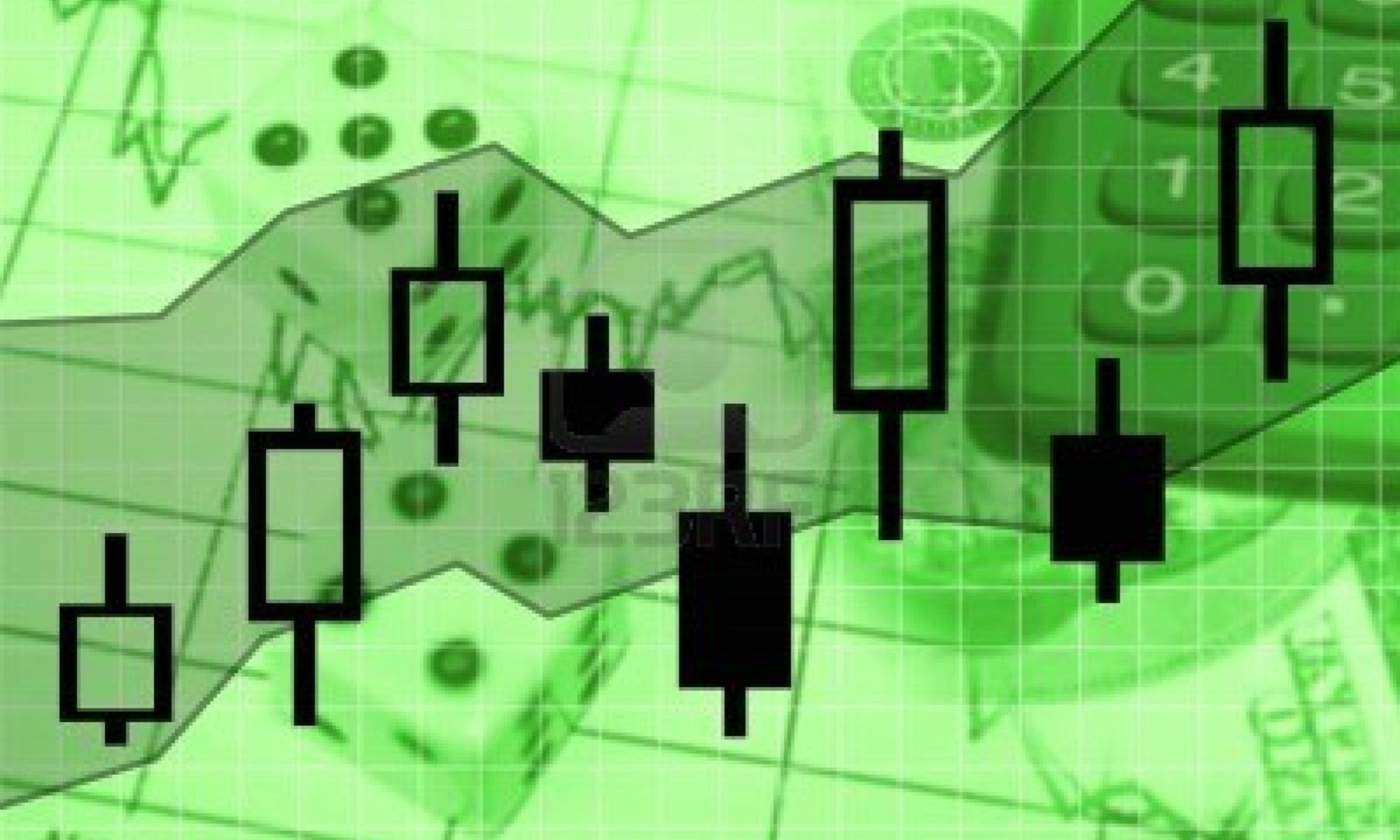An important concept to grasp when trading is to recognize when you have beaten the odds and it is time to cash out. This is where the market will resemble a casino. When you make an investment or trade you make a bet on a direction and magnitude, not unlike guessing the wind conditions. Instead of thinking of probabilities and distributions of asset prices and so forth, let’s take a step back. You made a guess (albeit an educated one) on the speed and direction of the wind. You got them both right. Or maybe you are close, you guessed North 5 knots and the wind is blowing Northwest 4.2 knots. Close enough. The point is that you are in a profitable trade. What do you do now? You have several options:
- Let the trade continue but watch it closely. Use a stop order or trailing stop order set to trigger if the trade starts to go in the opposite direction. This might lead to getting out prematurely if the trade is a volatile one. However, if it is that volatile it can go wrong very quickly and it can go very wrong to the point where you lose a lot more than you imagined just a short while ago.
- Take it off the table. Using the wind example above, you were pretty accurate in two out of two guesses. What more do you want? How much more money can you make versus how much you can lose when the wind changes direction? For example you have a profit of $1. You might be able to get to a profit of $1.25 in your most optimistic projection. You risked $0.75. You still can lose your original risk. Do you continue to risk the original $0.75 to make $0.25 more than the $1 you already making? Risk $0.75 vs making $0.25 more? You made enough. You beat the odds. Don’t get too greedy and try to squeeze blood from a stone. Especially a scalding hot one.
- Go ahead and keep the risk on the table. Then watch the markets reverse and you lose it all. This is one of the many ways game theory applies to markets. At all times you should weigh your chances of profits versus losses. You need to remove the emotion of feeling like a winner. Thinking in terms of game theory is akin to treating the market like a professional gambler would treat a casino . When you are ahead you need to realize that the longer you play the more chances you have of losing. Casinos count on this. That is why every effort is made to make the gamblers spend more time playing the games. You must analyze and reassess the risks versus the increase in reward of a wining trade. You might be surprised that your tolerance for risk is greatly reduced. By taking profits, you are collecting the earnings from your analysis, patience, and hard work. Take the profit and look for the next opportunity. Furthermore, if you hold onto a position for too long and wind up losing money you may be inclined to throw away a perfectly good trading strategy. If you think of your trade idea at only two points, the beginning and your exit, you may not realize that at one point in time the trade was profitable. Maybe you did not reach your profit targets. If you readjust your exit strategy, perhaps by exiting sooner, you may increase the rate of success. That may result in a decrease in the amount of profits you were expecting. However that is perfectly acceptable and prudent if it helps you increase your chance of profiting. Do not let a good idea go to waste only because you are ignoring a minor tweak that you can make; even if it makes the trade look less glamorous in terms of profitability.
Taking profits is what you set out to do when beginning to trade. What good are profits if you cannot accumulate enough or spend them? Exiting a successful trade does not mean you have lost confidence in your investment thesis. In fact it means the opposite. You realize that it is successful. You then move on try to improve upon it and apply it again when the opportunity presents itself. You will be far more successful if you increase your probability of profit as opposed to focusing on the amount of profit.
Good luck and trade rationally.


For 95% of investors an excellent piece of advice.